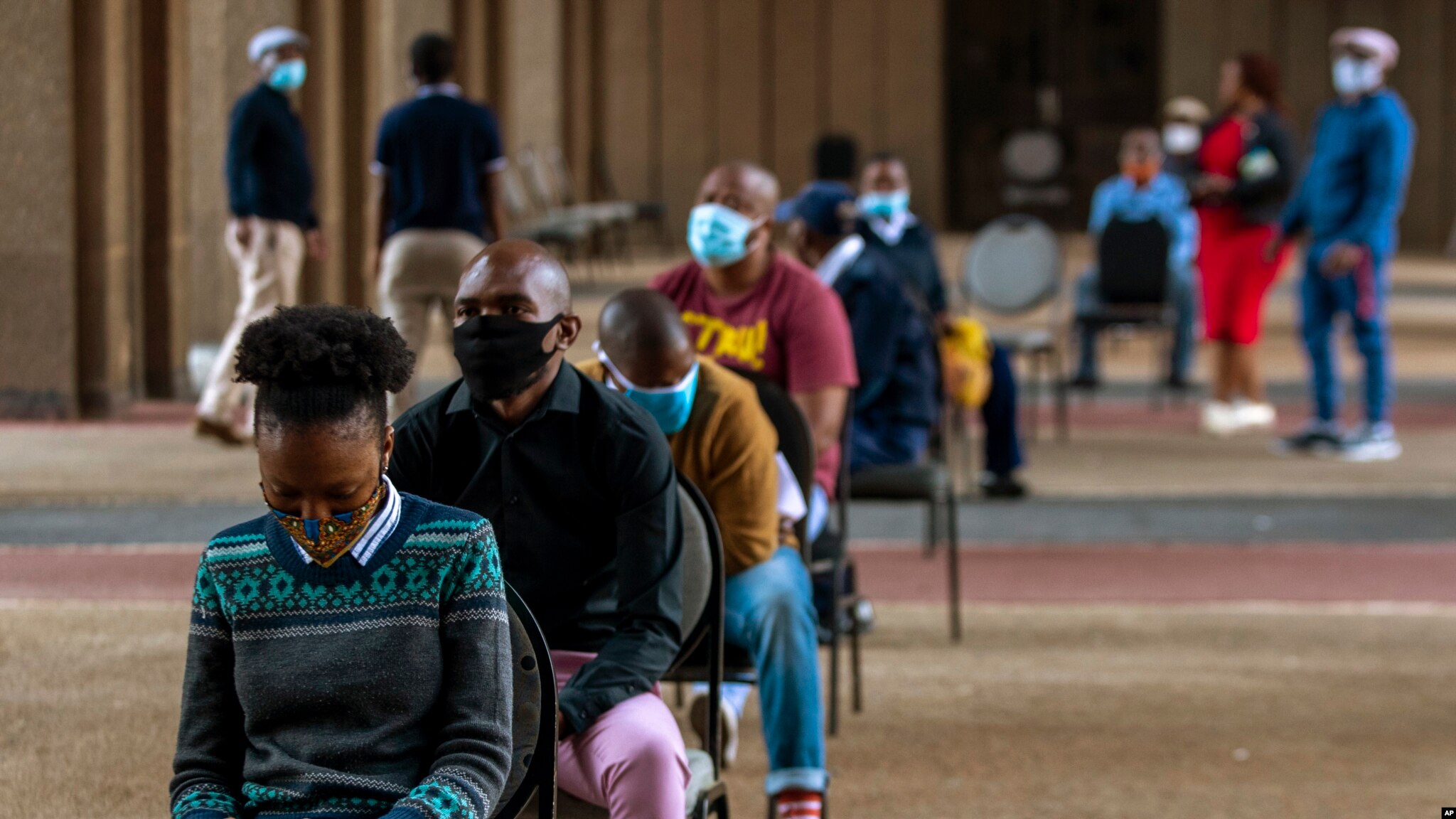
Pandemic Magnifies South Africa’s Mental Health Care Problems, Experts Say
The coronavirus has hit South Africa harder than any other country on the continent. So far it has infected more than 23,000 people and killed more than 480. But the disease is also impacting the mental wellbeing of many people coping with social isolation and the economic impact of the virus.
South African Wendy, 60, Jones hasn’t been able to work for 15 years due to debilitating mental health problems.
She is not allowed to drive and, with the health care system focused on the outbreak of COVID-19, getting the right treatment has become a bigger challenge.
“I personally feel more anxious, I get really worried, and with who do I go to? Am I on the right medications, should my medications be increased? I don’t know these things, I need somebody to tell me, you trust, your trust in the medical system as it is, it should be complete, it should be absolute, but it isn’t,” she said.
As COVID-19 ramps up in South Africa, hospitals are seeing more patients suspected of having the virus.
The pandemic is also causing an increase in the number of mental health-related problems.
But the leader for information and awareness at South Africa’s Federation for Mental Health, Masutane Modjadji, says most patients are going untreated.
“While clinics and hospitals are open, very few of them still pay attention to current mental healthcare users during this time. And also, there is no screening for mental health during COVID-19 screening and testing, because of the combination of these challenges," said Modjadji.
Board Member of South Africa’s Society of Psychiatrists Kagisho Marooganye says mental health care was poor even before the pandemic.
“Now we are in a pandemic and you finding yourself sort [of] on the back-foot with an already fragile system and not knowing how to go about fixing it," said Maroogany. "But knowing this, knowing that you know, it is a poorly resourced, a poorly distributed system.”
South Africa Federation for Mental Health’s Modjadji agrees.
“In South Africa only 5% of the national budget, of the National Health Budget, goes towards mental health services," said Modjadji. "The return on the individual report launched by Speak Your Mind Global Campaign in April, shows that in the middle and low-income countries, such as South Africa, in between 76 and 85% of the people with mental illness, receive no treatment.”
South Africa’s mental health workers worry about the aftermath of the pandemic.
South Africa has been through similar health crises before and the impact is lasting, says psychiatrist Marooganye.
“There will be some long-lasting effect on the psychic and mental state of the population. Based on what has happened before, we had SARS [Severe Acute Respiratory Syndrome], we had MERS [Middle East Respiratory Syndrome], we had EBOLA, and all of these have required some sort of lockdown, some sort of quarantine to take place. And studies emerging from that have found that this has had a detrimental impact on people’s mental state, has led to fear, it has led to frustration, it has led to grief and bereavement, it has even led to trauma,” said Marooganye.
Experts says they worry this time, South Africa’s struggling mental health care system will fall even further behind in meeting patient demand.